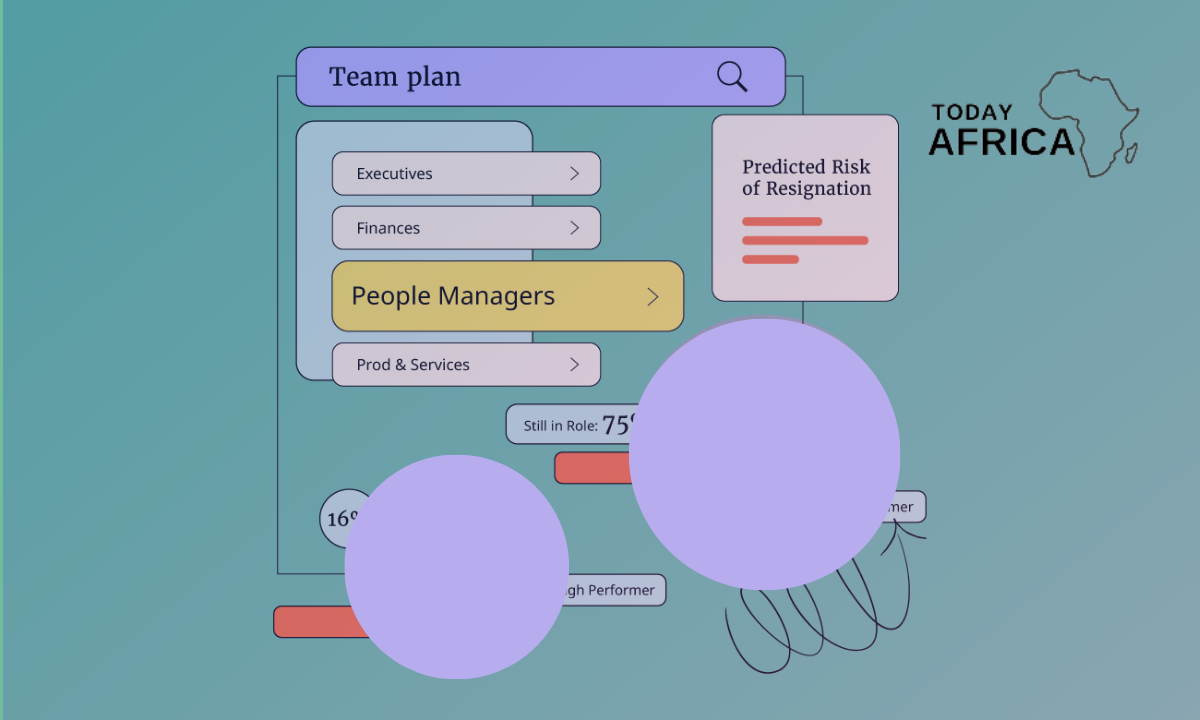The surge in virtual job interviews, fueled by the COVID-19 pandemic, has reshaped recruitment practices.
Recent studies indicate a substantial shift toward integrating virtual interviews into the hiring process, with potential permanence.
This transition stems from the advantages of virtual interviews, including convenience, cost-effectiveness, and broader accessibility. Experts predict a future where a hybrid of virtual and in-person interviews becomes the standard in recruitment.
Why Virtual Interviews Are Gaining Popularity
- Abundance of job openings: The surge in virtual interviews is attributed to the abundance of job opportunities. Forbes notes that virtual interviews have become the standard in the tech-driven world of job recruitment.
- Remote work acceptance: Virtual interviews align with the growing acceptance of remote work, enabling hiring managers to assess candidates from any location.
- Technological advancements: Advances in video conferencing tools like Zoom and Skype make virtual interviews more practical and efficient.
- Time and cost savings: Virtual interviews save time for both candidates and recruiters by eliminating the need for travel, resulting in significant cost savings.
- Environmental impact: By eliminating the necessity for travel, virtual interviews contribute to reducing the carbon footprint associated with traditional in-person interviews.
Read: How to Become a Virtual Recruiter
Reasons Recruiters Embrace Virtual Interviews
Convenience
Virtual interviews address the inconvenience and cost of candidate travel, offering flexibility in scheduling and equal opportunities for candidates globally.
Wider pool of candidates
Virtual interviews allow recruiters to consider candidates globally, promoting diversity and inclusivity.
Increased efficiency
Recruiters can conduct multiple interviews without travel time, streamlining the hiring process and reducing the effort required to identify top talent.
Decreased bias
Virtual interviews reduce reliance on external factors, fostering objectivity in the assessment process and minimizing unconscious bias.
Technical advantages
Virtual recruitment tools provide access to advanced interview tools and seamless integration with other recruitment software, enhancing collaboration among remote teams.
What Is The Purpose Of A Virtual Interview?
The purpose of a virtual interview is to assess and evaluate candidates for a job or position through online communication tools and platforms, such as video conferencing, to determine their suitability for the role. Virtual interviews serve several key purposes:
- Screening candidates: Virtual interviews are often used as an initial screening step to narrow down a large pool of applicants. This helps recruiters identify candidates who meet the basic qualifications and skills required for the position before inviting them for in-person interviews.
- Assessing qualifications: Recruiters use virtual interviews to assess a candidate’s qualifications, including their education, work experience, and relevant skills. Through structured questions and discussions, interviewers can delve deeper into a candidate’s background.
- Evaluating communication skills: Virtual interviews allow recruiters to evaluate a candidate’s communication skills, including their ability to articulate ideas, respond to questions, and interact professionally in an online environment.
- Assessing cultural fit: Interviewers can use virtual interviews to gauge how well a candidate might fit within the organization’s culture. This includes evaluating the candidate’s attitude, values, and alignment with the company’s mission and values.
- Technical competence: In some cases, virtual interviews are used to assess a candidate’s technical competence, particularly in roles that require proficiency in specific software, tools, or technical skills. Candidates may be asked to complete assessments or demonstrations during the interview.
- Global recruitment: Virtual interviews make it easier to consider candidates from different geographic locations, promoting diversity and inclusivity in the hiring process. This is especially relevant for organizations looking to expand their talent pool internationally.
5 Benefits of Conducting Virtual Interviews
Cost efficiency
Virtual interviews save money for both employers and candidates, eliminating travel expenses.
Time savings
Valuable time is saved for both parties, as candidates don’t need to travel, and employers can schedule interviews more efficiently.
Global reach and diverse candidate pool
Employers can consider candidates globally, promoting diversity and innovation.
Flexibility in scheduling
Virtual interviews offer scheduling flexibility for both candidates and employers, accommodating various time zones and commitments.
Environmental impact
Virtual interviews contribute to environmental sustainability by reducing the carbon footprint associated with travel.
Conclusion
Virtual interviews, accelerated by the COVID-19 pandemic, have become a staple in modern recruitment.
Their benefits, including cost and time efficiency, a broader candidate pool, scheduling flexibility, and reduced environmental impact, have solidified their place in the hiring landscape.
As the world embraces the virtualization of hiring processes, it’s evident that virtual interviews have revolutionized how employers find, assess, and select candidates.
This paradigm shift is not just a response to a crisis but a lasting transformation in the recruitment landscape.
















